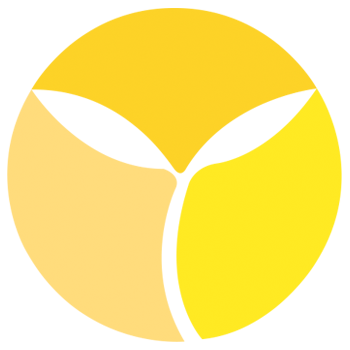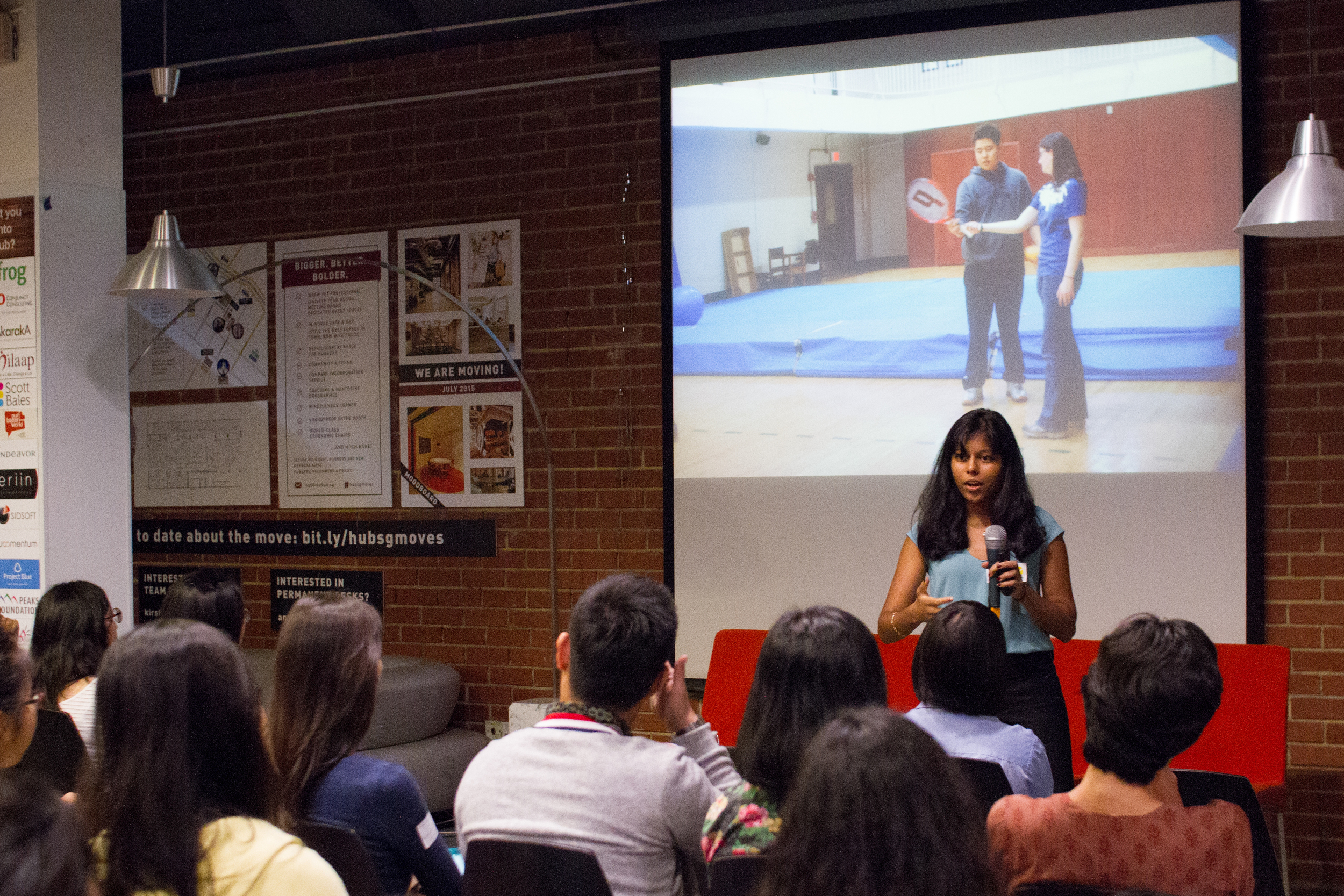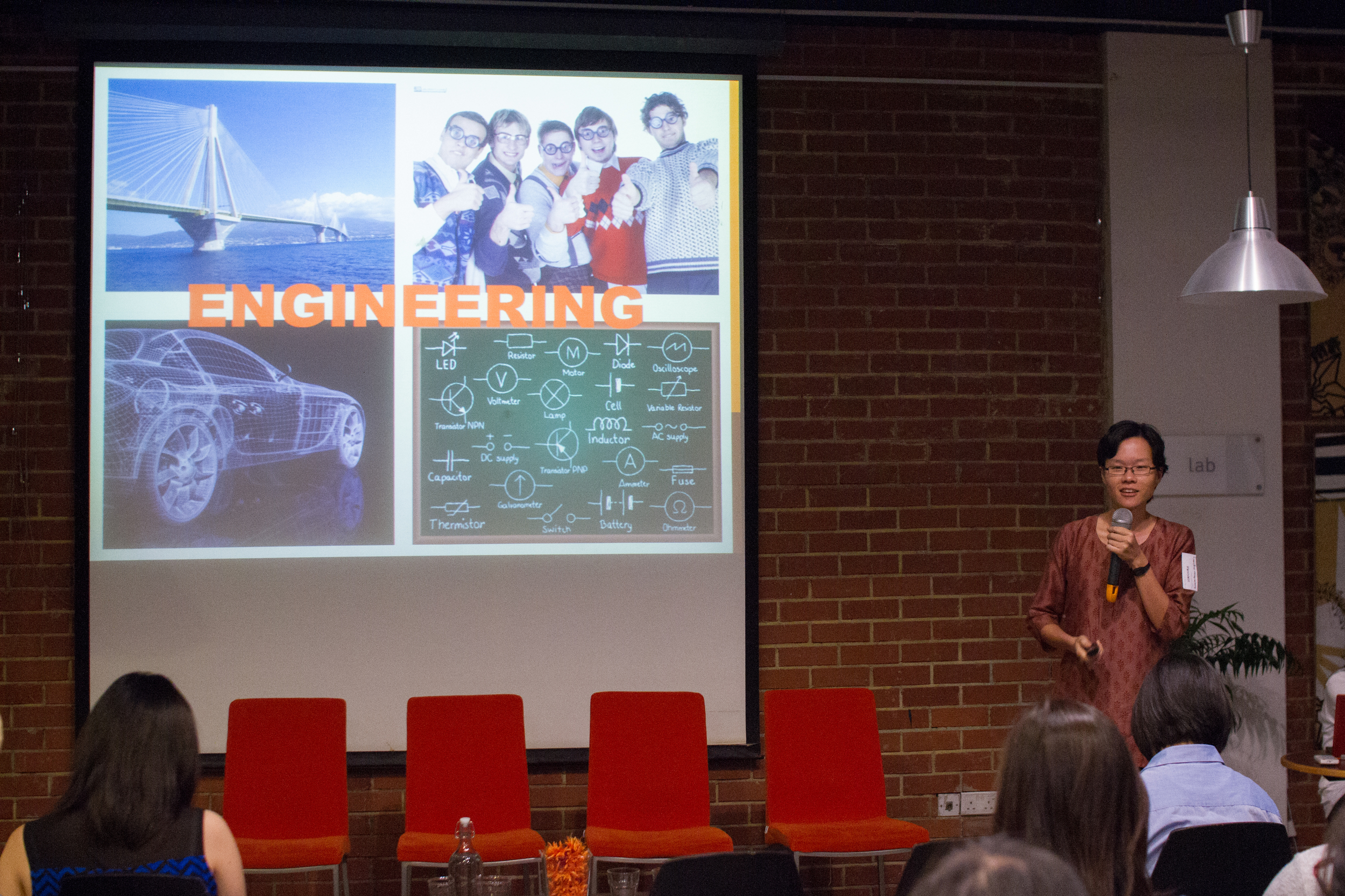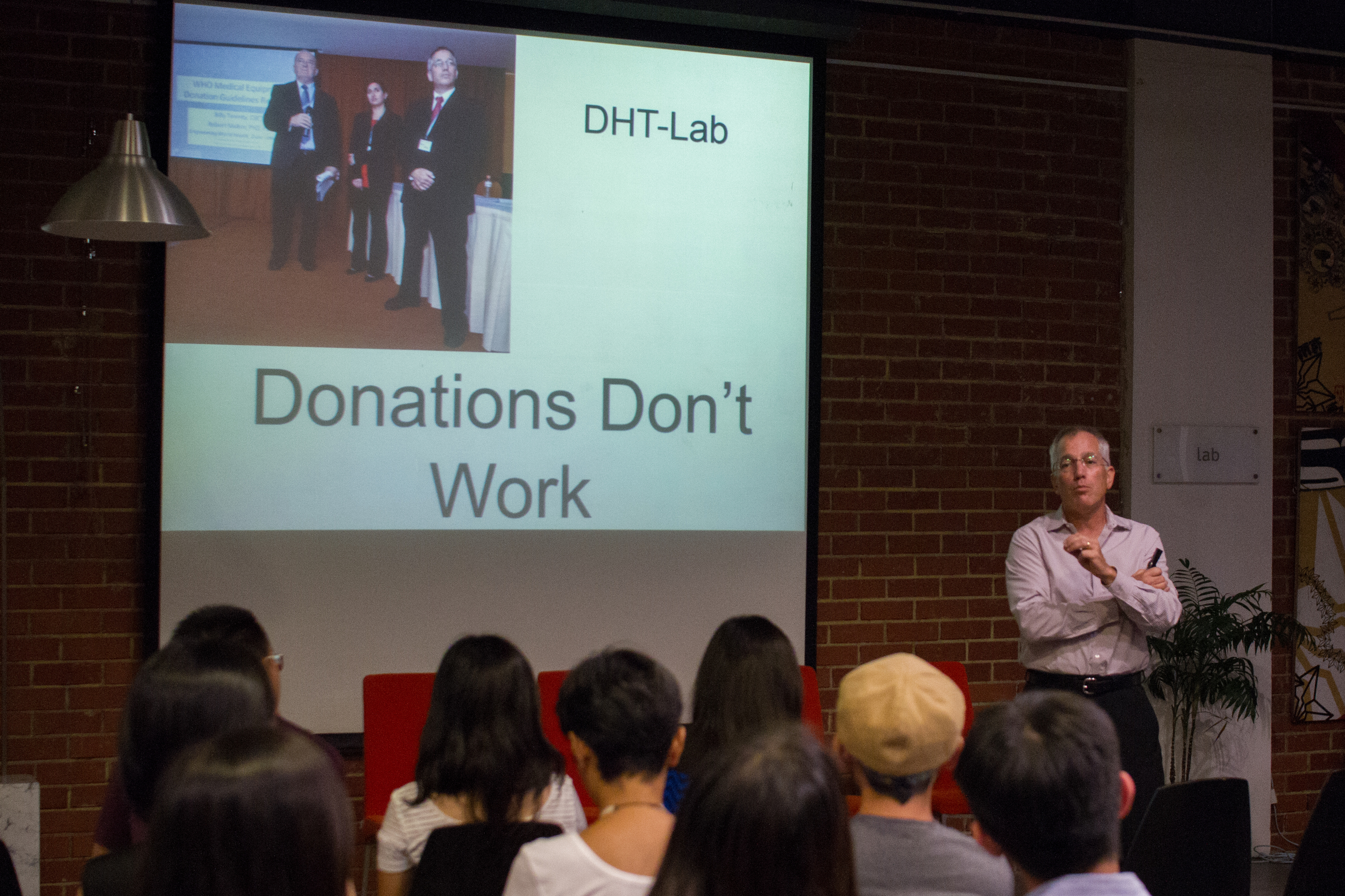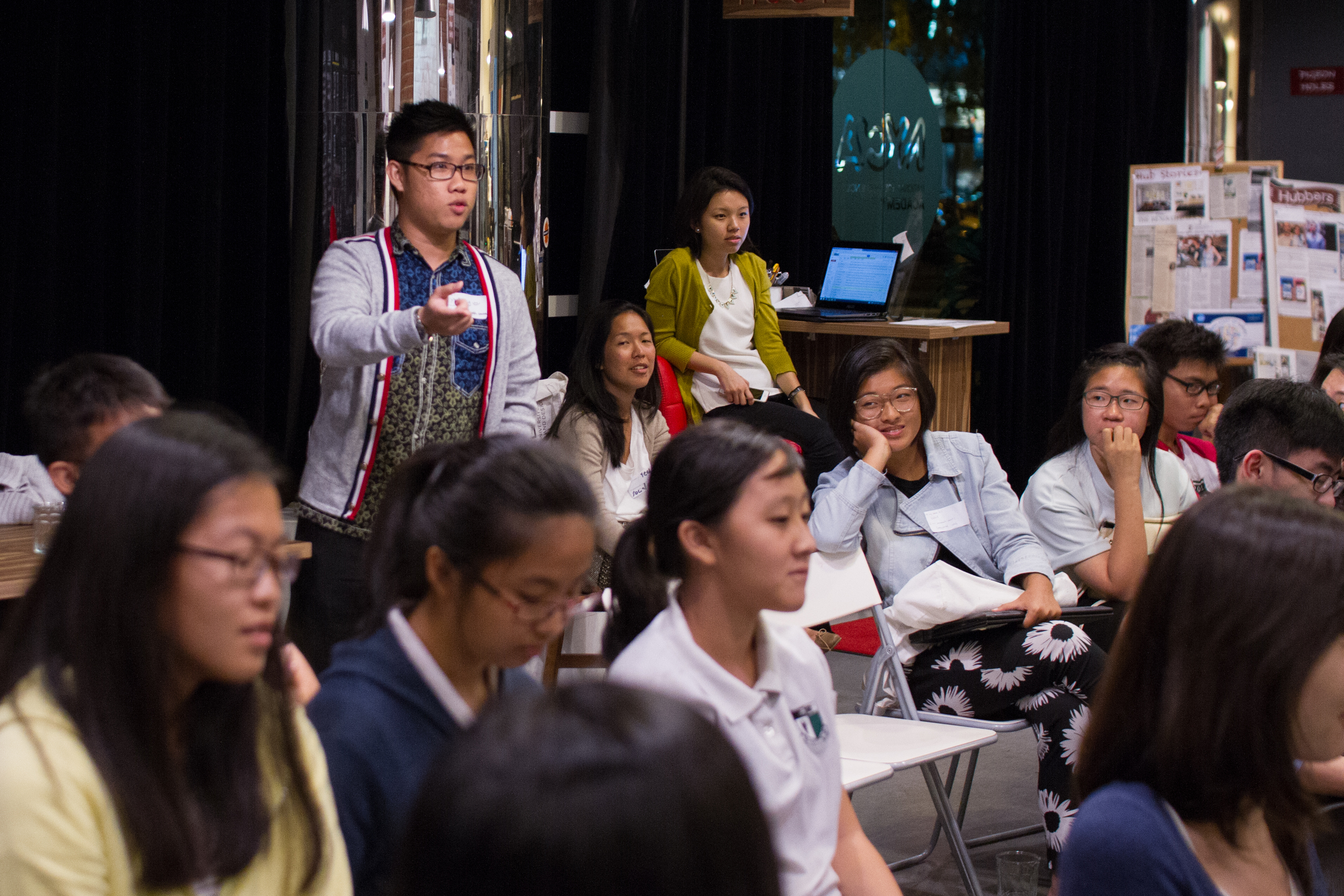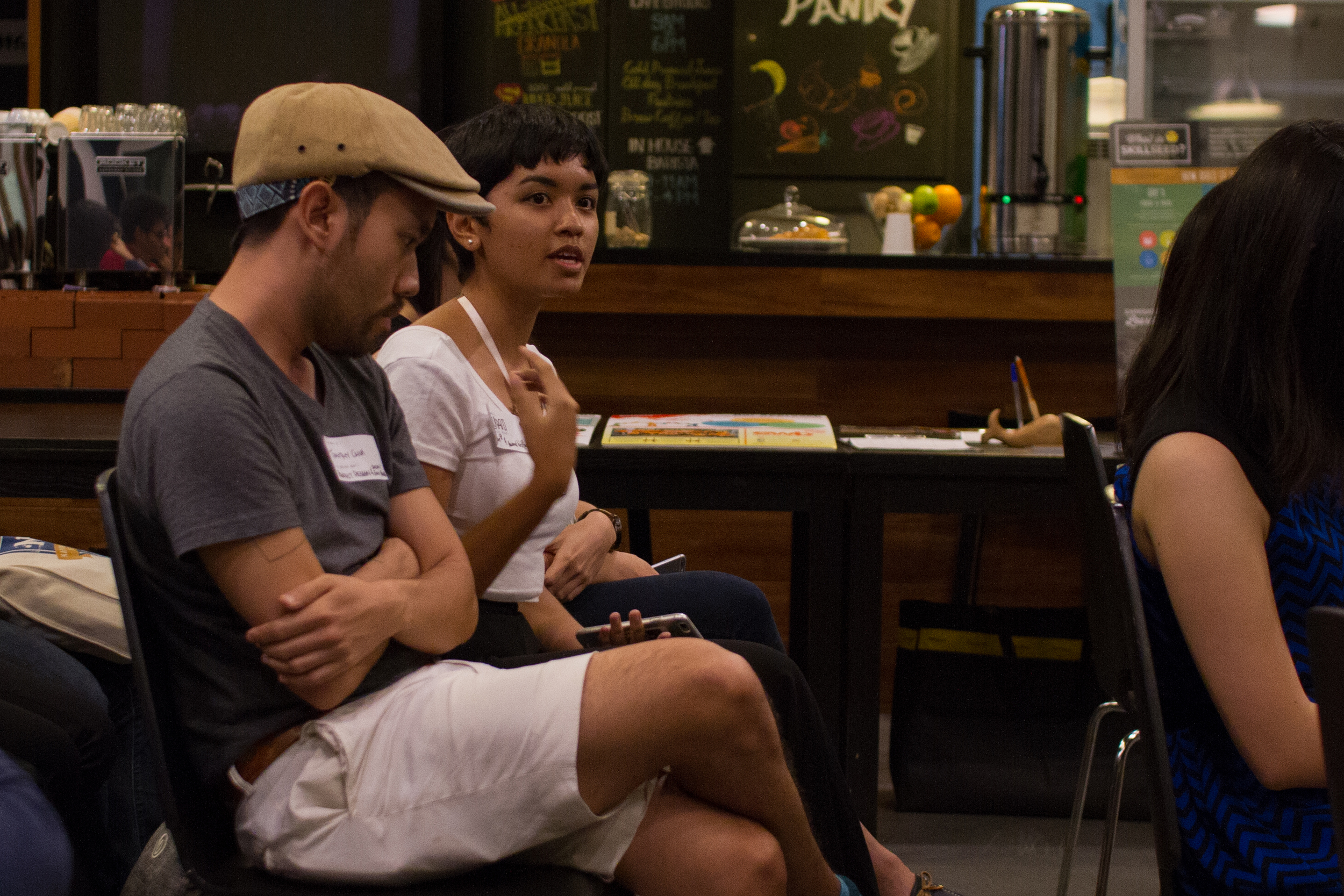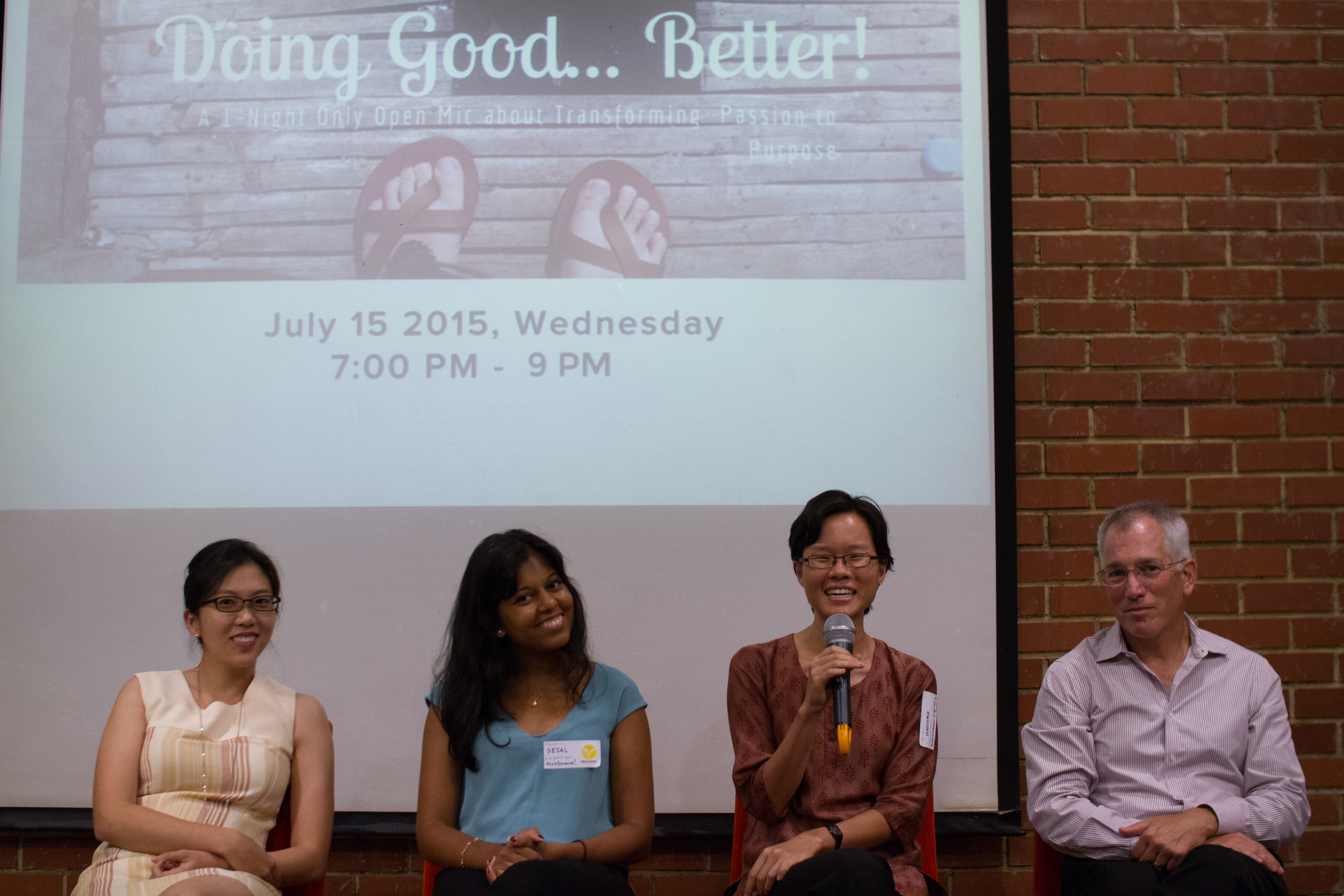On "Doing Good... Better!"
Written by "Pete" Aw Pey Ling.
Pey is the perfect activist for a sustainable future as she's always questioning how things can be done better. As Skillseed's safety officer and manager of environmental courses, she lives by the motto "better safe than sorry". Despite her lack of enthusiasm for exercise, Pey is an avid trekker who believes that staying close to nature is best for the mind and soul.
I LOVE HOW Skillseed's very first open mic session ties in closely with what we believe in & most importantly, what we strive towards: Doing Good...better.
Initially, I had a vague idea about how the event was going to go, and what I would get out of it. But as with all of my experiences at Skillseed, something special popped up and added value to my personal learning.
Our guest speakers were from very varied backgrounds. Our first speaker was Sejal Vallabh, our summer intern from Yale University. Sejal started Tennis SERVES, a student-run, non-profit organization that teaches tennis to the visually-impaired. After Sejal, our next guest speaker was another inspirational figure - Hannah Leong, founder of Engineers Without Borders Asia, a young Singapore NGO using sustainable engineering solutions to improve life in rural communities. And lastly, we had Dr Robert Malkin, the director of Engineering World Health , who's also a Professor at Duke University. It was Dr Malkin's talk that surprised me the most as he touched on a subject which I had never actually given much thought to: Donations.
With conviction, Dr Malkin explained how, after many years of on-the-ground experience, he came to the realization that 'Donations Hurt'. Of course, some donations do work but the point that he was trying to bring across was that we need to put in more thought before donating anything we deem 'useful' to the local community, because sometimes, donations cause a particular sector in the local community to lose its purpose, much like the phenomenon of dumping.
Dr Malkin's TEDxTalk: "Donations Hurt"
But what struck me the most, and tied the talks back to our event was a question posed by a member of the audience to the 3 speakers: 'What motivates you to do what you're doing?'
At that moment, it struck me that the answer to that question actually answered my lingering doubts on what it means to "do good" better. How do we "do good" even better for ourselves, and for the community that we serve? How do we make doing good a self-sustaining cycle?
For Sejal, the idea of Tennis SERVES came naturally to her because of her love for the sport, and the hope that everyone would have the opportunity to play tennis. Both Hannah and Dr Malkin utilized their passions (in engineering and biomedical engineering respectively) to help the underprivileged. And no matter your profession, there is always an avenue for you to use your skills to do good.
The 'better' part comes in as the best part - by using your professional skills to help communities, the community benefits more appropriately and if your expertise also ties in closely with what you're passionate about, this passion fuels you and pushes you to do even greater things for the community.
Recently, I was writing my application essay for a community leadership programme in my university, and one of the questions posed to me was this: What makes an excellent community leader? I thought that the question answered itself.
The term 'community' in 'community leader' tells me that in order to serve a community, we need to understand the problems and struggles that people in the community face. And you will only be able to view these problems and struggles if the people are willing to open their hearts to you. This connection and trust can't be established overnight - you have to earn it. The passion you have for a cause will help you to convince others and provides you with the key to opening up a whole new perspective of viewing their life and their struggles. And that's when you can truly serve the community: through understanding, accepting, and targeting the actual problems that they face.
My thought process has evolved from 'I want to do good' to 'how can I do good' and finally, to 'how can I do good better'. I explored my areas of interest and I have found one sector in which I am passionate about. It drives me to do more good, to think of better ways to help the sector, and to always put the people first.
Very often, I find myself connecting back to what Skillseed does. I joined Skillseed because I thought that Overseas Community Involvement Projects (OCIP) could be better carried out, and Skillseed sells itself as a creator of impactful experiential learning courses. We often enter OCIP trips with the mindset: 'I am there to make a social impact', but how can we when we're often there for a mere 10 days? Is there even time to access what the local community needs before we head over? Is the good that we do there really the good that they need? We often have good intentions, but how do we translate these intentions into good actions? More thought goes into doing good than what I previously envisaged.
With these thoughts in mind, I joined Skillseed and was tasked to facilitate an Environmental Stewardship course in Bali, and since it was my first time facilitating, I was there in the capacity of a participant as well. Participants signed up for courses that they are interested in. And that made a lot of sense to me, because only through interest and passion will you be motivated to put more effort into thinking of ways to help the community better. The programme was truly an impactful experiential learning course and I was inspired by what I learnt there and by the people who made this experience such a memorable one.
But Skillseed doesn't stop there. When our participants are back in Singapore, we push them to apply what they learnt to the local context. And this final stretch is the most important; without application, this knowledge may be lost and the inspiration gathered during the trip withers away. We hope to inspire youths to use the skills and knowledge that they learnt and to address any social need or cause that they feel strongly for in Singapore.
With that, the course fully convinced me that truly impactful experiential learning courses can be carried out, and also of what Skillseed does. It took some time for my company to convince me that what we are doing is doing good better, and I hope that you will have the opportunity to experience this as well.
